Items
Spatial Coverage is exactly
Brazil
-
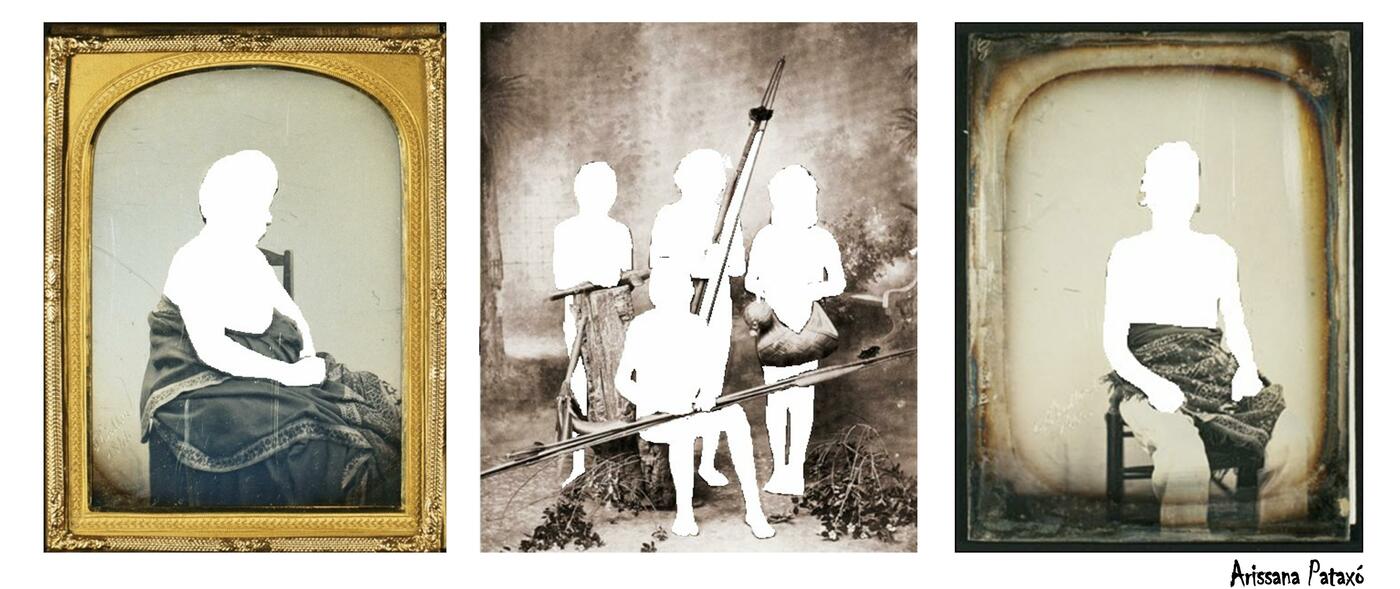
Indigente, indi(o)gente, indigen(a)-te
A triptych composed of photographs of indigenous people in which Arissana Pataxó makes a digital-surgical intervention, erasing the bodies and faces, leaving only their outlines. -
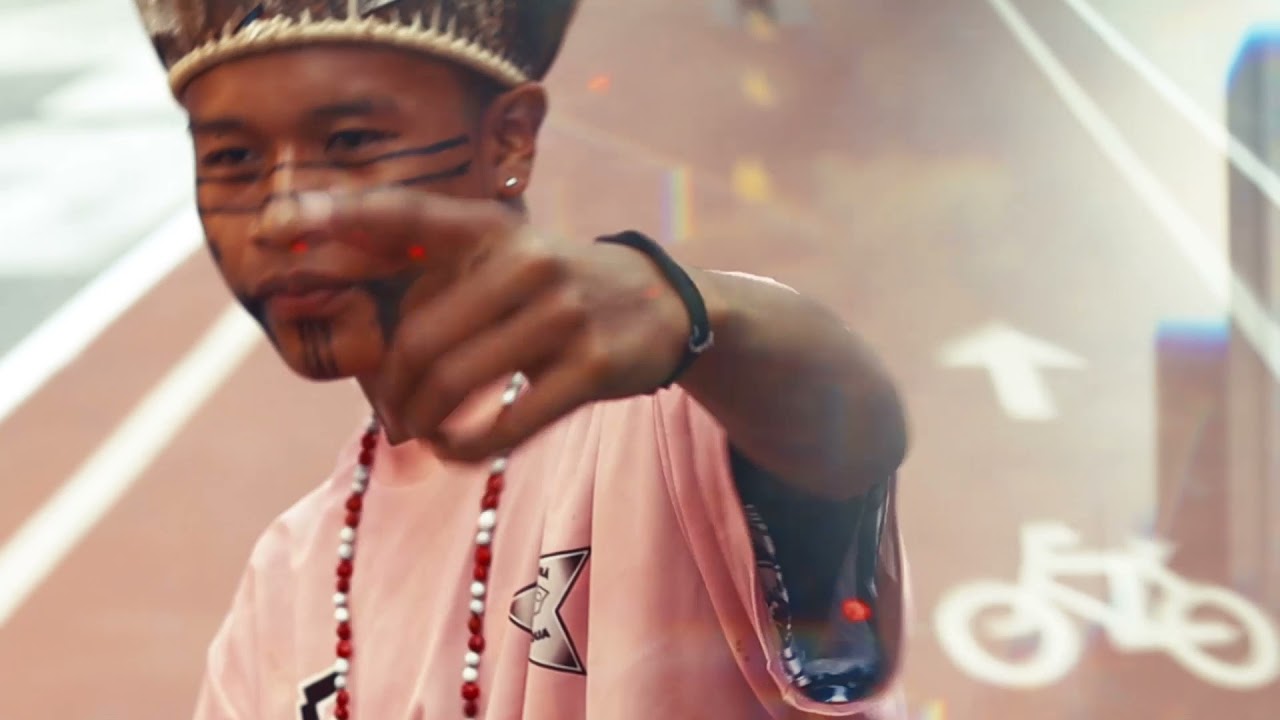
Resistir pra Existir
Este vídeo foi feito especialmente para o projeto CARLA por Owerá, rapper indígena Guaraní-mbyá, e Juninho Karai, seu cunhado, sob a direção de Dia Freixo. -
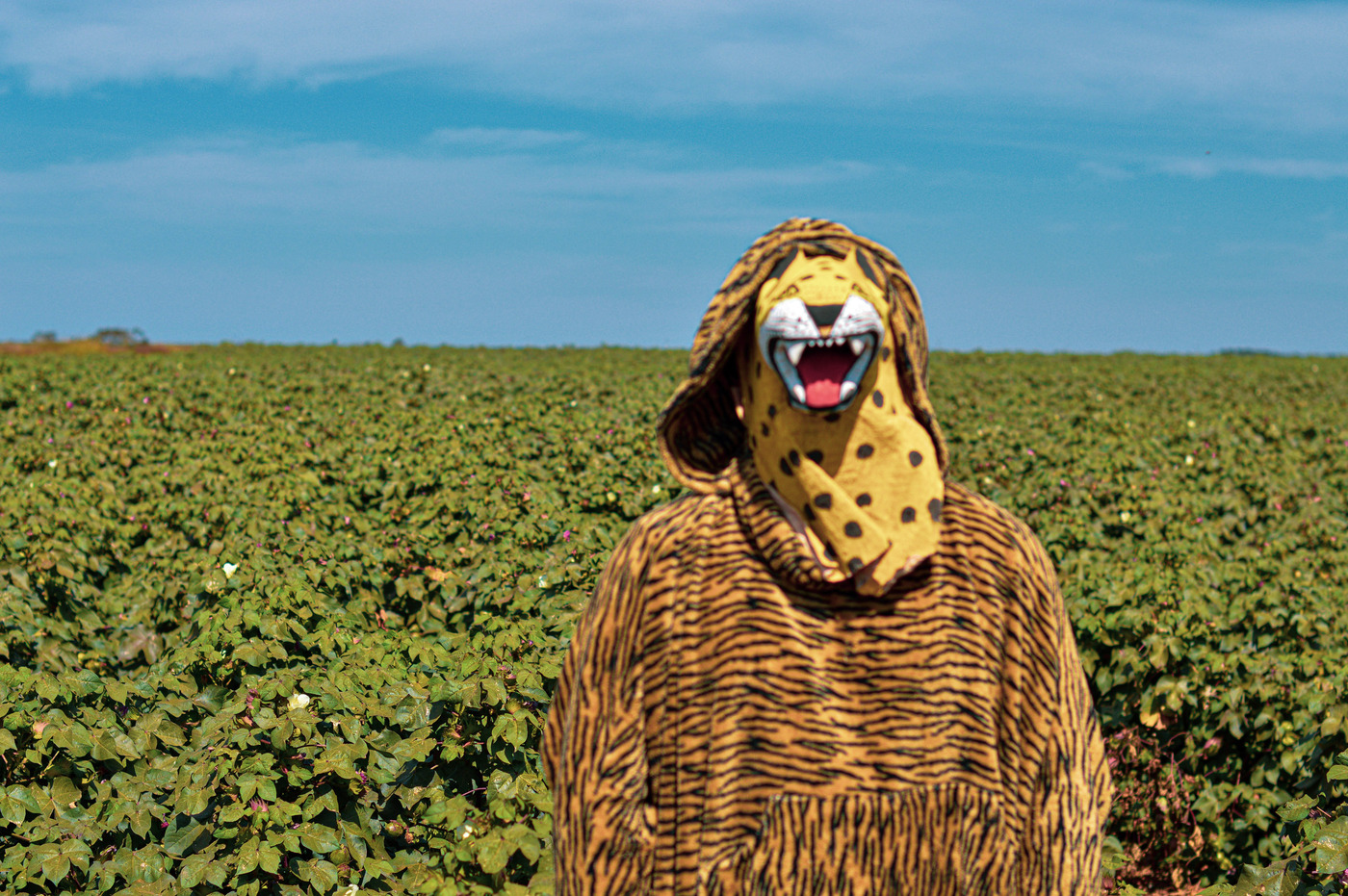
Colheita Maldita
Still images to accompany Colheita Maldita video -
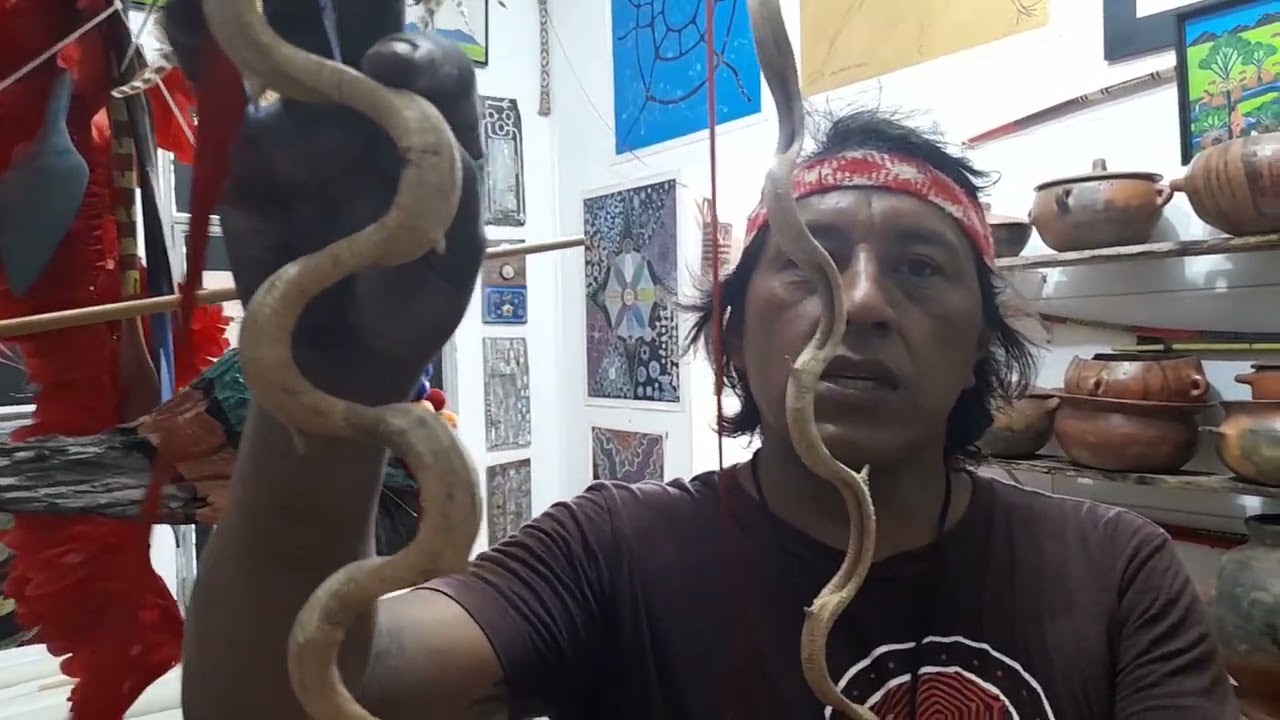
Mover a grande canoa
In this video, the Brazilian Indigenous artist, Jaider Esbell, films himself talks about contemporary Indigenous art and his project of creating the Jaider Esbell Gallery. -
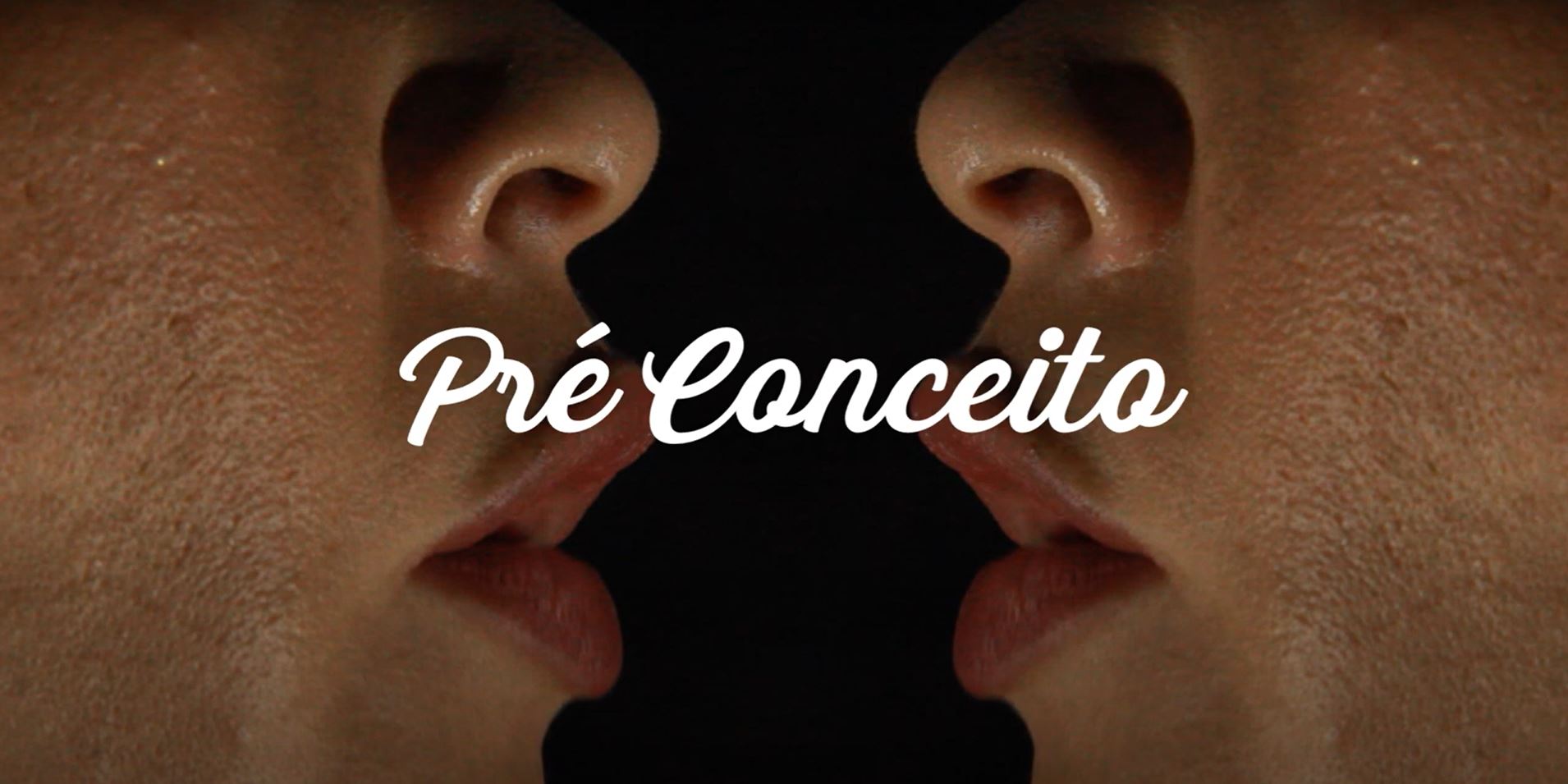
Preconceito
In this video, Brazilian Indigenous artist Olinda Yawar Tupinambá gives a performance denouncing racist stereotypes of Indigenous peoples that are common in Brazil. The soundtrack is "Xenofunk" by Nelson D. -
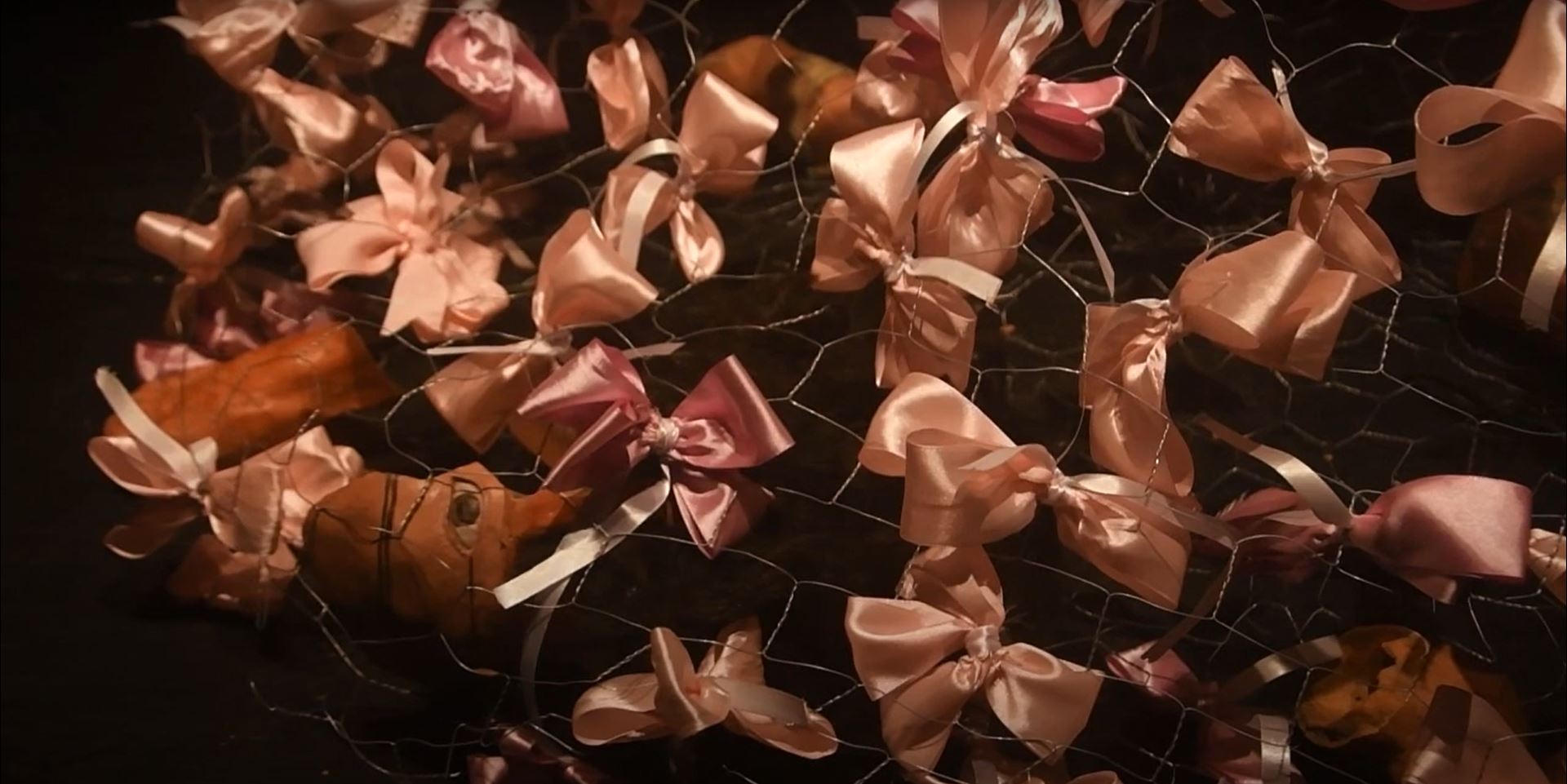
Minha avó foi pega a laço
This is a video by the Brazilian indigenous artist and curator, Naine Terena. The title refers to a well-known phrase in Brazil that refers to the capture and rape of indigenous women by male colonists, but is often used by white, light-skinned Brazilians. -
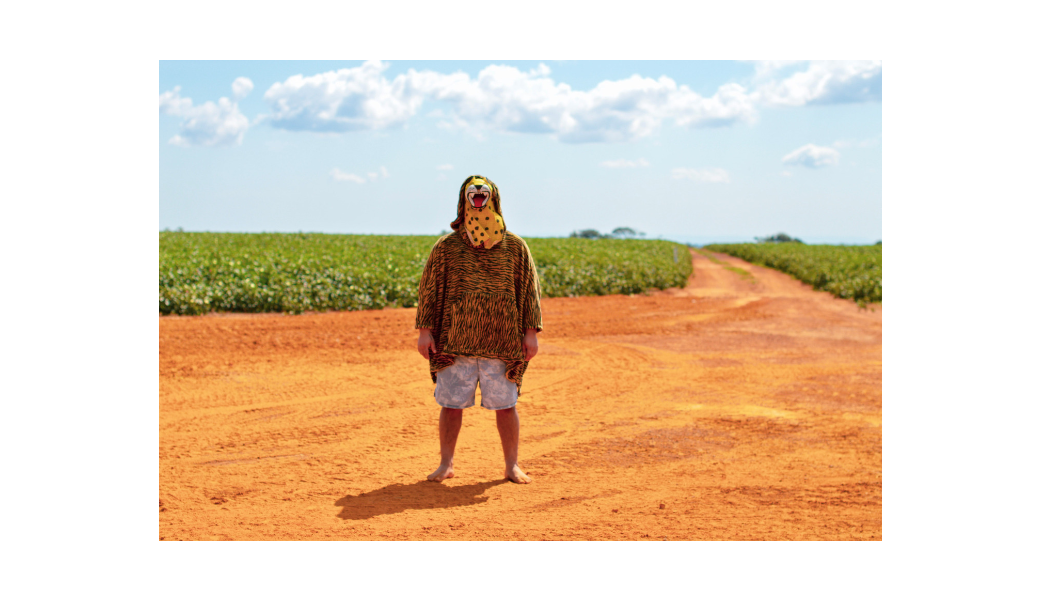
Colheita Maldita
A video by Indigenous Brazilian artist Denilson Baniwa. The title makes parodic reference to the 1984 horror film by Stephen King, Children of the Corn, conveying the message that capitalism's relationship with nature, especially in Brazil, is a horror story that especially affects Indigenous peoples. -
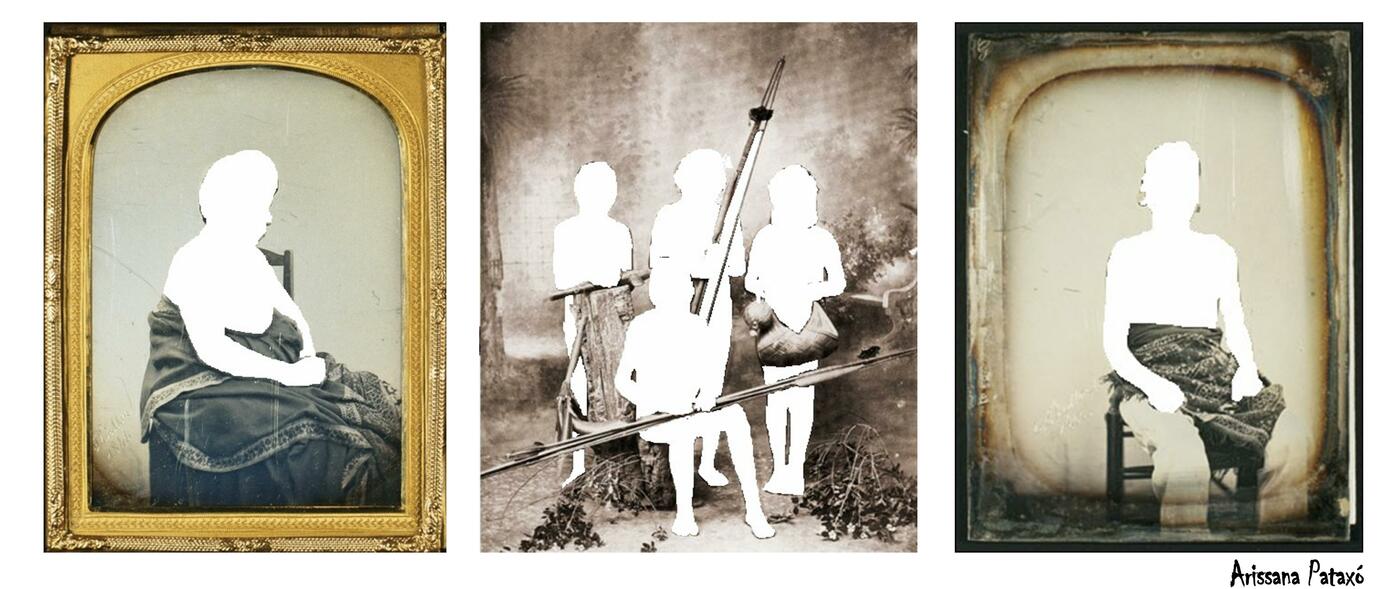
Indigente, indi(o)gente, indigen(a)-te
A triptych composed of photographs of indigenous people in which Arissana Pataxó makes a digital-surgical intervention, erasing the bodies and faces, leaving only their outlines. -
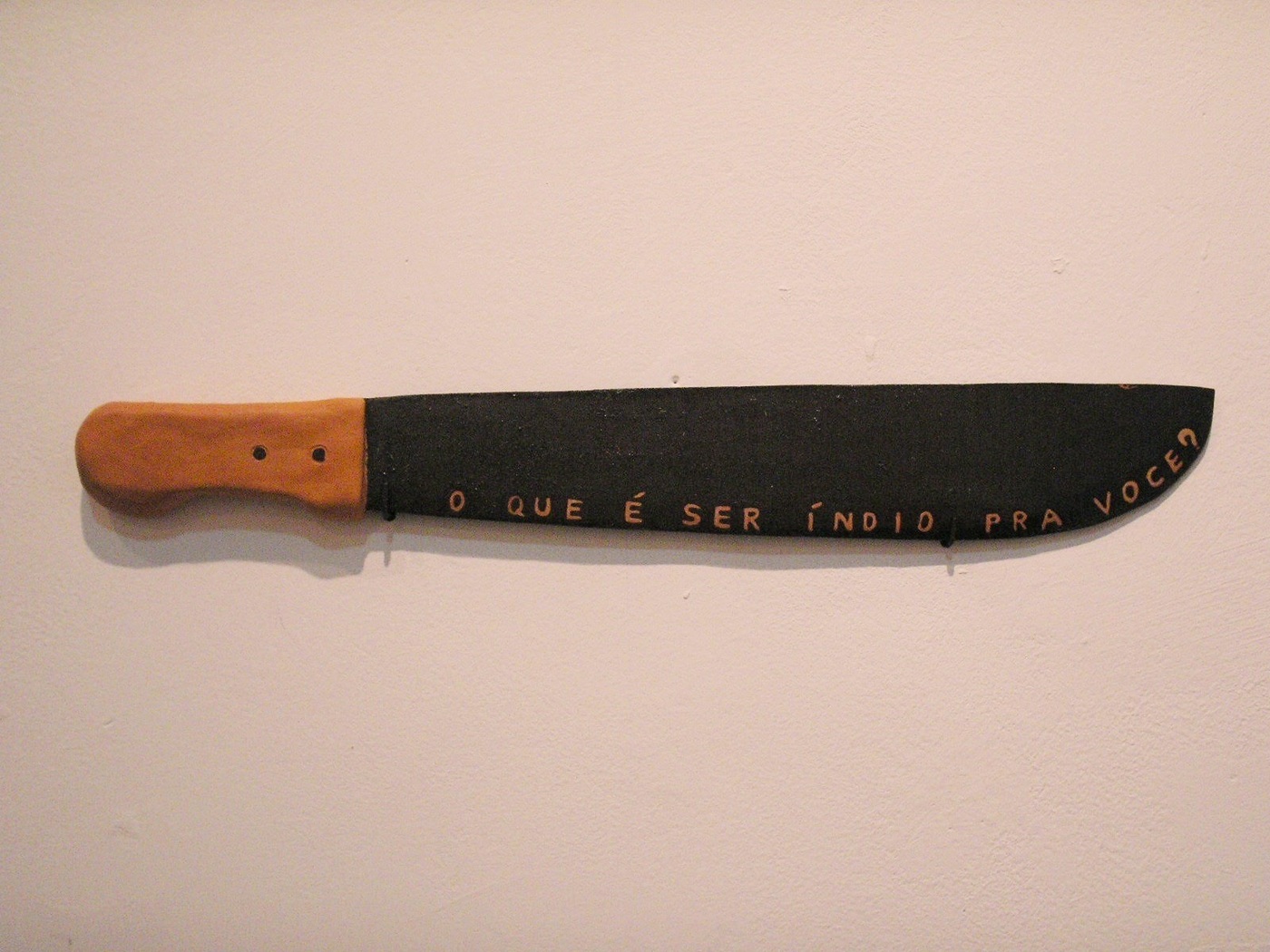
Mikay
Photo of a ceramic sculpture of a machete. Written on the blade is the question "For you, what is it to be an Indian?".
